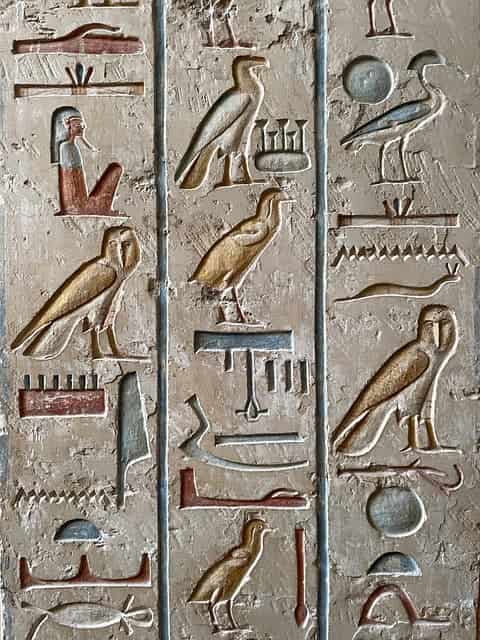🚪 The Middle Ages and Early Forms of Casinos
🎟️ Online Casinos and the Technological Revolution
Gambling predates the first casinos by thousands of years. Archaeologists have discovered dice dating back to 3000 BCE, indicating that gambling has been part of human life for millennia. These games were not just for entertainment but were often used to resolve disputes or predict the future.
In ancient China, gambling was employed to fund state projects. In Egypt, board games were found that served both as entertainment and for rituals. In ancient Greece and Rome, gambling was deeply embedded in culture despite attempts to ban it.
Games of chance using simple tools like sticks, stones, and dice laid the foundation for more sophisticated forms of gambling.

In the Middle Ages, gambling evolved into new forms. Card games, originating in China around the 9th century, gradually spread worldwide. In Europe, card games gained popularity, eventually leading to modern games like poker and blackjack.
In the 15th century, Italy introduced the first establishment resembling a modern casino, called "Ridotto." This venue allowed the government to regulate gambling, ensuring both control and revenue collection.
Medieval gambling often intertwined with religion and culture. Although the church condemned gambling, many games continued to flourish in the shadow of societal disapproval.
With the discovery of America, gambling entered a new era. During the colonial period, gambling became part of settlers' lives. Lotteries were used to fund public projects, including road construction and schools.
In the 19th century, the Wild West saw the emergence of gaming houses and saloons where card games and roulette thrived. These venues became hubs for both gambling and social interaction.
Over time, gambling spread across the United States, becoming an integral part of the country's culture.
The 20th century brought significant changes to the gambling industry with the legalization of casinos in Las Vegas. The city became a global symbol of gambling and entertainment. Casinos offered a variety of games, including slots, poker, and roulette.
In Europe, casinos also gained popularity, especially in destinations like Monte Carlo. This was driven by legislative changes and growth in tourism.
Modern casinos became not just gambling venues but entertainment centers, featuring shows, concerts, and restaurants.
The advent of the internet elevated gambling to a new level. The first online casinos emerged in the 1990s, quickly gaining popularity for their convenience and accessibility. Players no longer needed to visit physical casinos — a website was enough.
Today, online casinos offer a wide range of games, bonuses, and promotions. Technologies like Random Number Generators (RNG) ensure fair play, while blockchain integration enhances transaction transparency.
Virtual and augmented reality are also making their way into gambling, providing players with unique experiences akin to visiting a real casino.
Modern technology has significantly influenced the development of gambling. Key advancements include:
These innovations make gambling more convenient, secure, and appealing to players.
The evolution of gambling highlights the advancements in technology, culture, and societal norms. From simple dice games to complex online casinos, gambling continues to adapt to modern demands.
The history of gambling reveals that it is more than mere entertainment. It reflects human nature, the desire to take risks, and the thrill of testing one's luck. The future of gambling will undoubtedly be shaped by new technologies, making it even more accessible and engaging.